If you're eager to embark on a camping adventure but aren't sure where to start, you've come to the right place. Camping isn't just about pitching a tent and making a campfire; it encompasses a range of experiences, each with its own set of pros and cons. Whether you're a novice camper or returning after a long hiatus, understanding the different types of camping can help you find the perfect outdoor getaway for your preferences and needs. Let's delve into the various types of camping:
Frontcountry Camping vs. Backcountry Camping
At its core, camping can be divided into two broad categories: frontcountry and backcountry camping. The distinction lies in accessibility, amenities, and level of ruggedness.
Frontcountry Camping:
Frontcountry camping is the most accessible and popular form of camping. It involves setting up camp in designated areas where you can drive your vehicle directly to your campsite. This type of camping is perfect for beginners and families due to its convenience and proximity to facilities. Frontcountry camping areas, typically found in parks and campgrounds, offer amenities such as drinking water, restrooms, showers, and picnic tables. Some even provide RV hookups for electricity, water, and sewer services.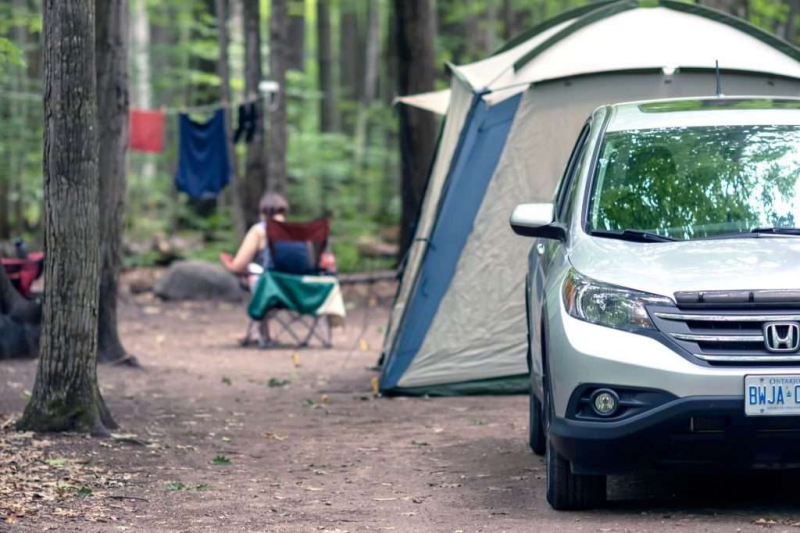
Pros of Frontcountry Camping:
Cons of Frontcountry Camping:
Backcountry Camping:
Backcountry camping takes place away from established campgrounds, often in remote areas accessible by foot, boat, or other non-road means. This form of camping requires more self-sufficiency, as amenities are limited, and campers must sometimes find their own spots for setting up camp. Backcountry camping offers an immersive and secluded experience, allowing you to disconnect from the modern world and embrace nature's beauty.
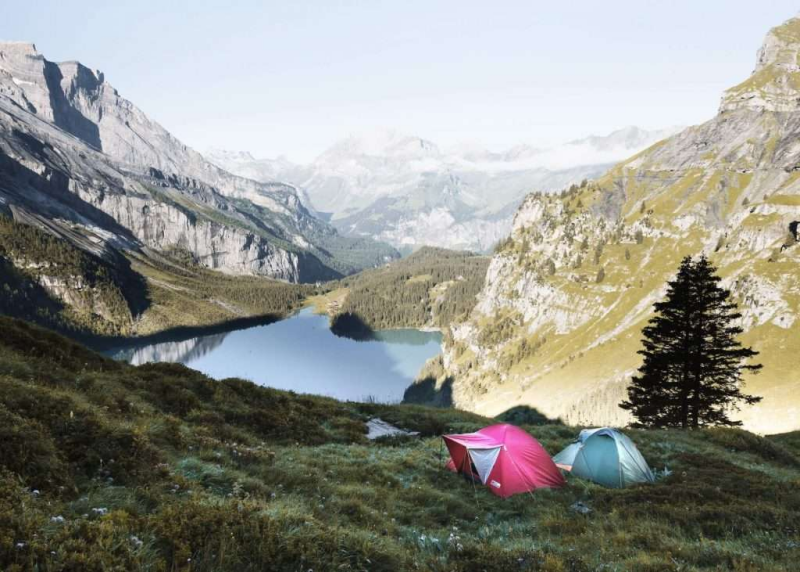
Pros of Backcountry Camping:
Cons of Backcountry Camping:
Types of Frontcountry Camping:
Frontcountry camping offers different options, two of which are car camping and RV/trailer camping.
1. Car Camping:
Car camping is the simplest and most popular form of frontcountry camping. It allows you to set up your campsite near your vehicle, offering convenience and ease of access. While it's ideal for beginners, car camping offers all the comforts of home without the need for specialized gear.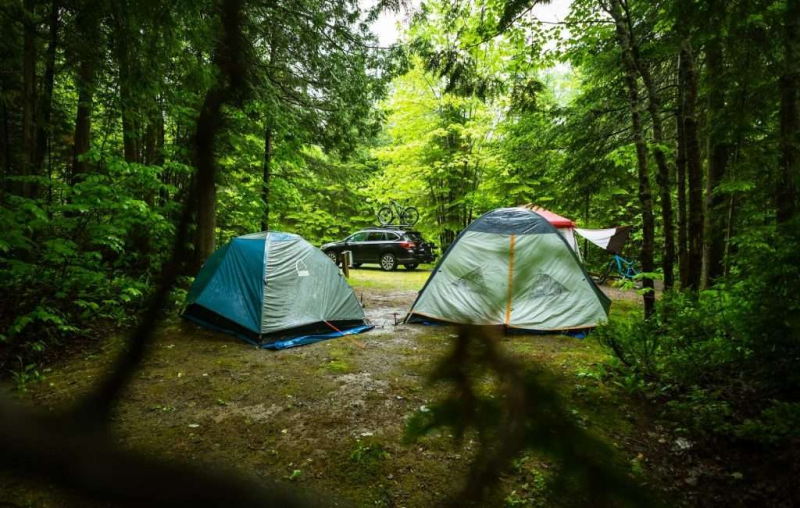
Pros of Car Camping:
Cons of Car Camping:
2. RV or Trailer Camping:
RV or trailer camping involves bringing your own RV or trailer to designated campgrounds. These campgrounds often offer electrical and water hookups, providing a more comfortable and longer-term camping experience.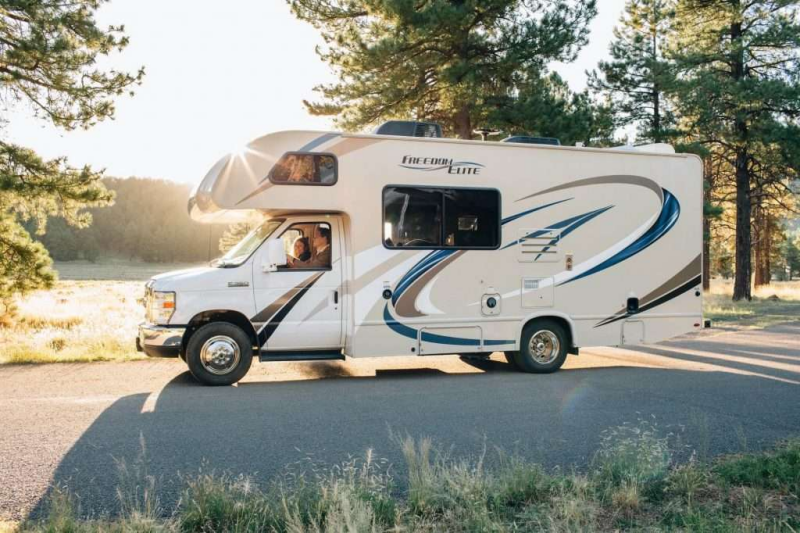
Pros of RV or Trailer Camping:
Cons of RV or Trailer Camping:
Types of Backcountry Camping:
Backcountry camping offers diverse experiences, including backpacking, canoe camping, winter camping, survivalist camping, and glamping.
3. Backpacking:
Backpacking involves carrying all your gear on your back as you hike to your campsite. It's a physically demanding and challenging experience, requiring careful gear selection and proper conditioning.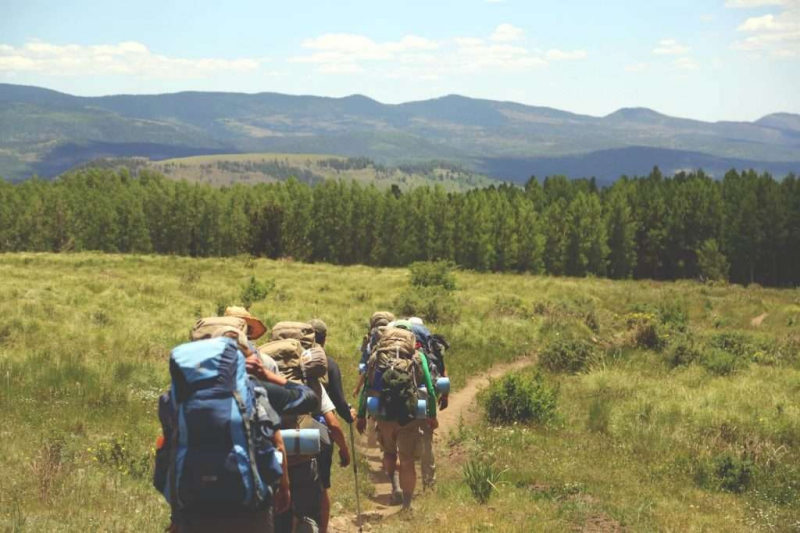
Pros of Backpacking:
Cons of Backpacking:
4. Canoe Camping:
Canoe camping is a unique experience where you explore areas accessible only by rivers or lakes. Paddling to your campsite, you set up your camp near the water, allowing for convenient water access.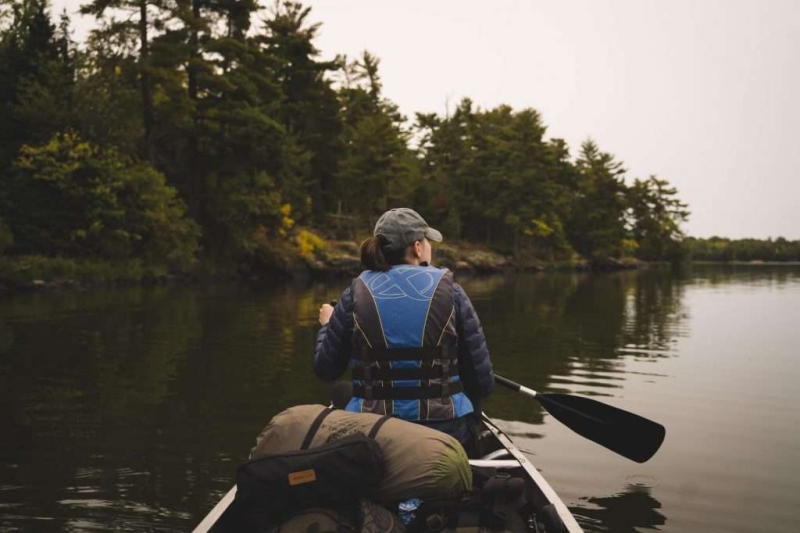
Pros of Canoe Camping:
Cons of Canoe Camping:
5. Winter Camping:
Winter camping extends camping into the colder months. It's a serene and rewarding experience, offering unique opportunities in a snow-covered environment. However, winter camping requires specialized gear and presents new challenges.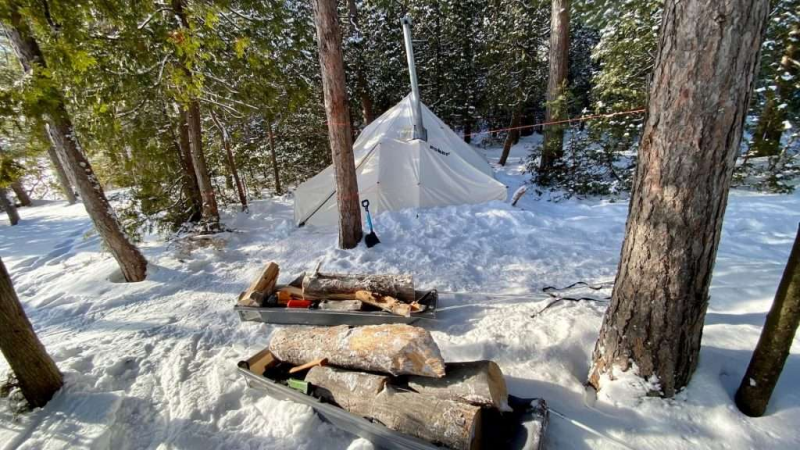
Pros of Winter Camping:
Cons of Winter Camping:
6. Survivalist Camping:
Survivalist camping is the most extreme form of camping, emphasizing survival skills over comfort. It often involves minimal gear and food sourcing from the wild. This type of camping should only be undertaken by highly experienced individuals.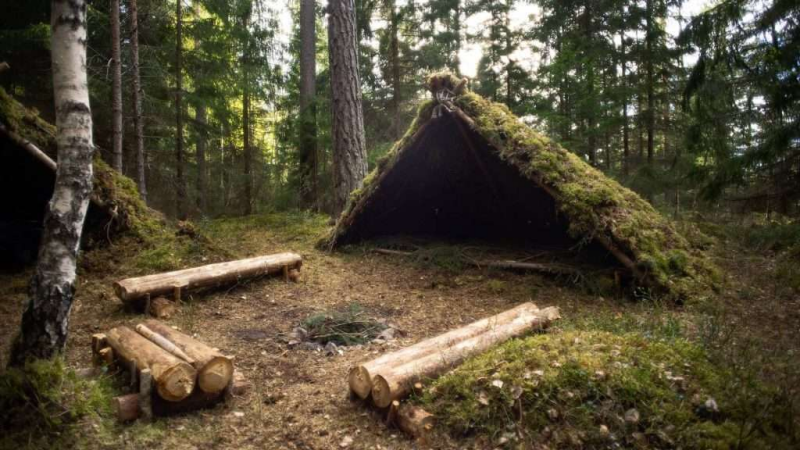
Pros of Survivalist Camping:
Cons of Survivalist Camping:
7. Glamping:
Glamping, short for "glamorous camping," is a luxurious form of camping that combines the great outdoors with upscale amenities. It often takes place in resort-like campgrounds offering heated tents, gourmet meals, and various activities.
Pros of Glamping:
Cons of Glamping:
In Conclusion:
Camping offers a variety of experiences, catering to different preferences and levels of camping expertise. Frontcountry camping provides convenience and amenities, while backcountry camping delivers seclusion and adventure. The type of camping that suits you best depends on your desired level of comfort, physical ability, and affinity for the great outdoors. Consider your needs and preferences when choosing your camping style, and don't hesitate to explore various forms of camping to find your perfect match. Camping can be a remarkable way to connect with nature and create lasting memories, regardless of the style you choose. Happy camping!
